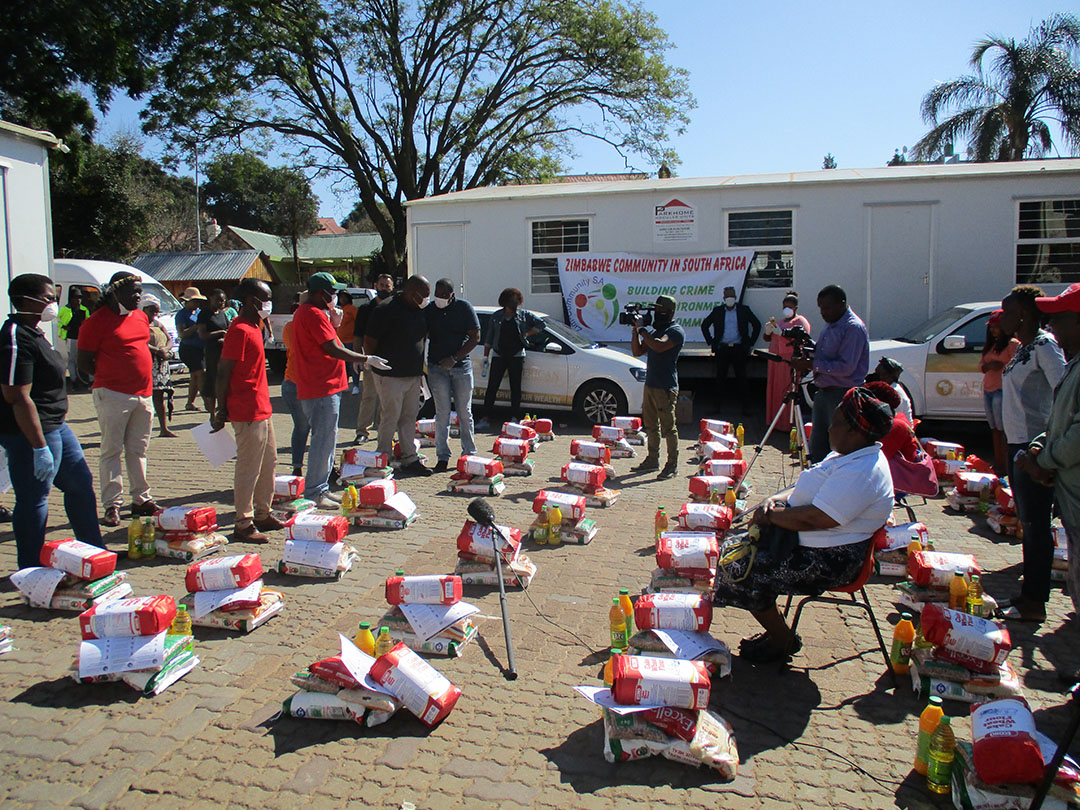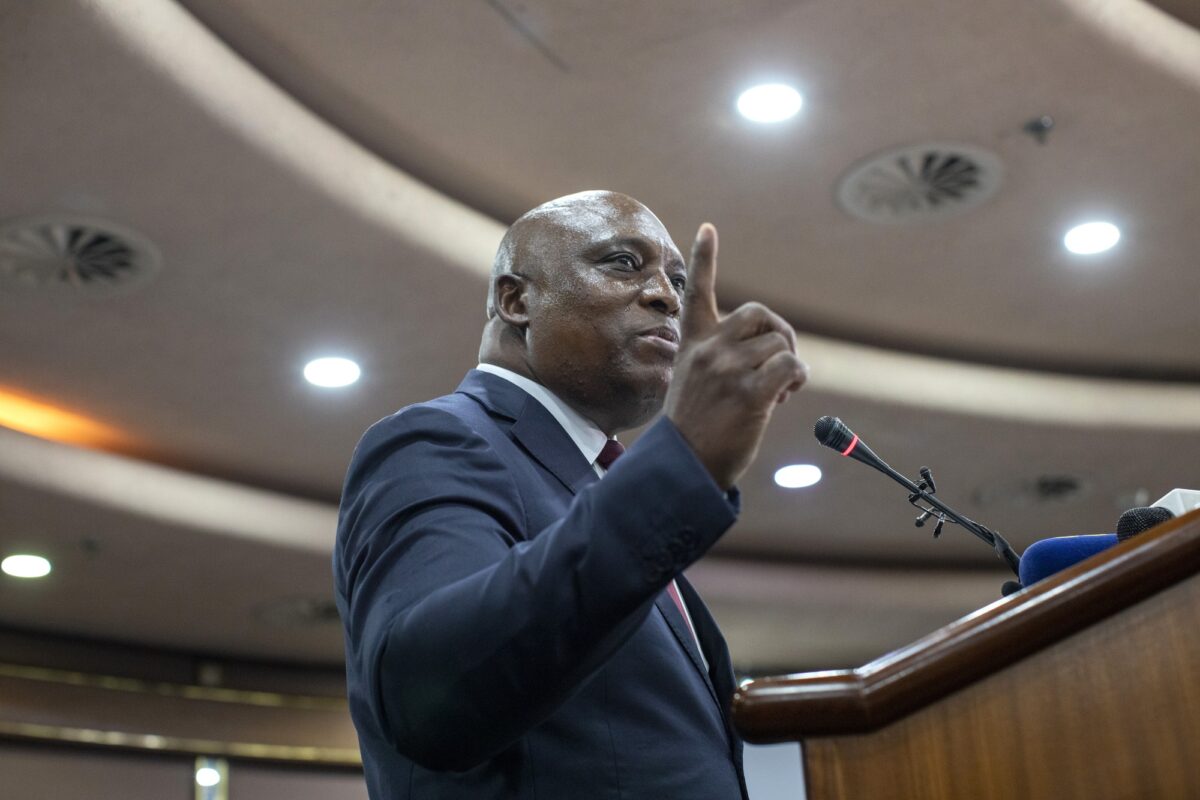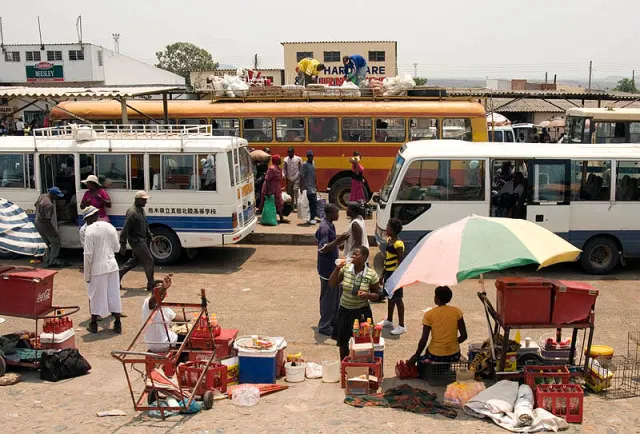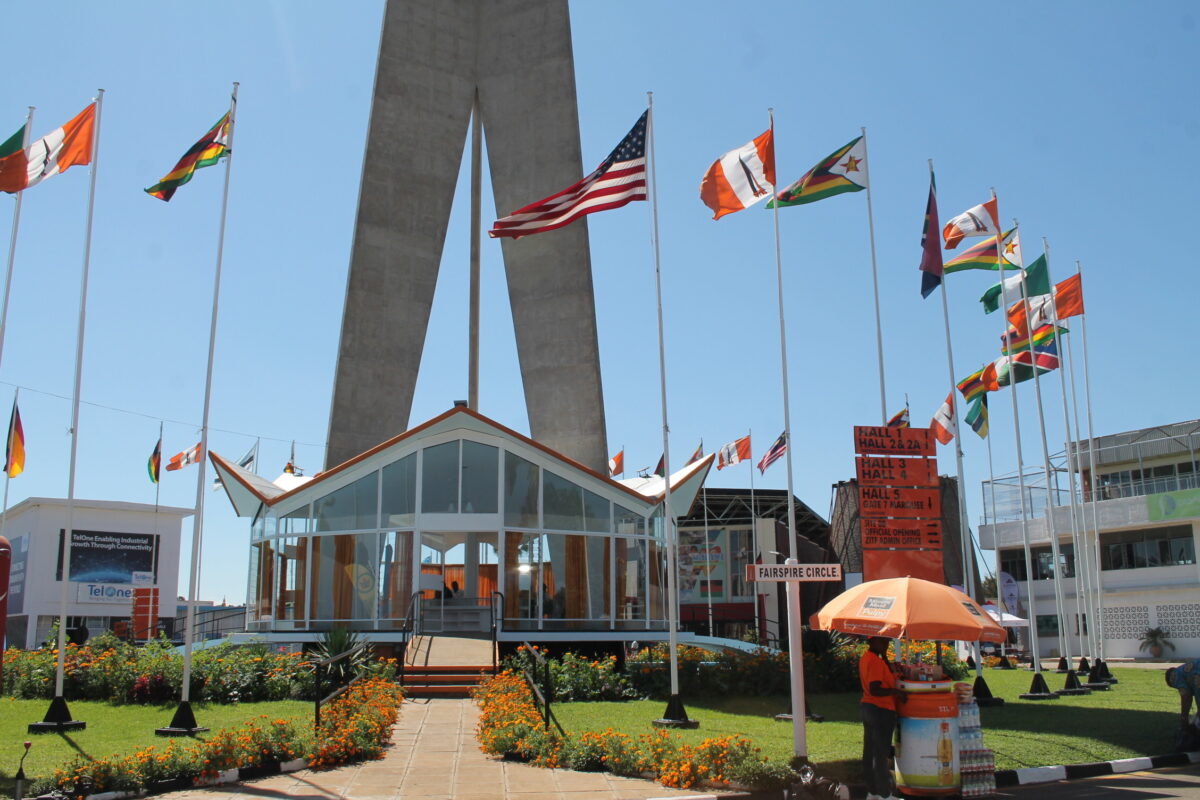JOHANNESBURG, South Africa – A 35-day coronavirus lockdown imposed by the South African government has left many Zimbabweans in the lurch.
An estimated three million Zimbabweans, escaping an economic crisis at home, eke out a living in South Africa. Most operate in the shadows because they lack the necessary permits to live and work in Africa’s most industrialised nation.
President Cyril Ramaphosa announced a R500 billion (US$26.3 billion) rescue package on Tuesday, equivalent to 10 percent of South Africa’s GDP, to try to cushion the economic blow of the coronavirus pandemic.
Ramaphosa pledged to prioritise “the relief of hunger and social distress across our communities,” including with the distribution of 250,000 food parcels in the coming weeks, and to reopen the economy as soon as it is feasible to do so. Poor South Africans will get grants of R350 per month for six months, he announced.
But most Zimbabweans, a large majority living from hand to mouth as restaurant workers, gardeners and workmen, do not qualify for this relief because of their illegal alien status. Unable to pay rent or buy food, at least 3,000 have asked the embassy in Pretoria to facilitate their return home – even in the knowledge that the first 21 days will be spent in mandatory quarantine.
In the gloom, there was small cheer for over a hundred families in the quaint old suburb of Yeoville, Johannesburg, on Thursday when the African Medallion Group (AMG) delivered food parcels to ease the suffering.
AMG, founded by the millionaire businessman Frank Buyanga, says it is spending R25 million helping poor communities live through the lockdown, due to expire on April 30.
After making food donations to communities in Alexandra, Johannesburg, Mamelodi in Pretoria and Emalahleni in Mpumalanga, AMG on Thursday answered the desperate call of Zimbabweans in Yeoville to bring some relief.
“We have come here to answer the call made by our brothers and sisters from Zimbabwe currently plying their trade across various sectors of industry in South Africa, and tremendously affected by the global Covid-19 pandemic,” AMG CEO Itai Maunganidze said at the hand-over ceremony organised by the Zimbabwe Community in South Africa (ZCSA), an NGO.
“The expressions of appreciation on the faces of the beneficiaries shows that this was a much-needed relief.”
The food parcels included maize meal, cooking oil and flour.
ZCSA chairman Ngqabutho Mabhena, whose organisation was at the forefront of campaigning for Zimbabweans to be granted special work permits resulting in about 200,000 benefitting from the scheme, said it was a desperate time for their community.
“We have been receiving calls from Zimbabweans and other migrants living in South Africa expressing their need for food since the start of the lockdown,” he said.
“Today, thanks to AMG, 120 families have been assisted with food packs which can at least keep them going for a few more days. We hope that other businesses will hear our cries during this time.”
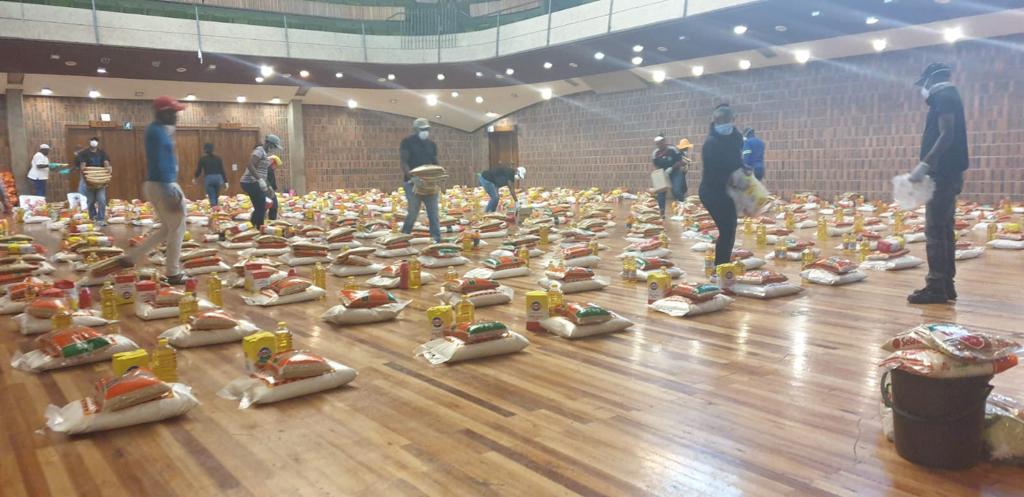
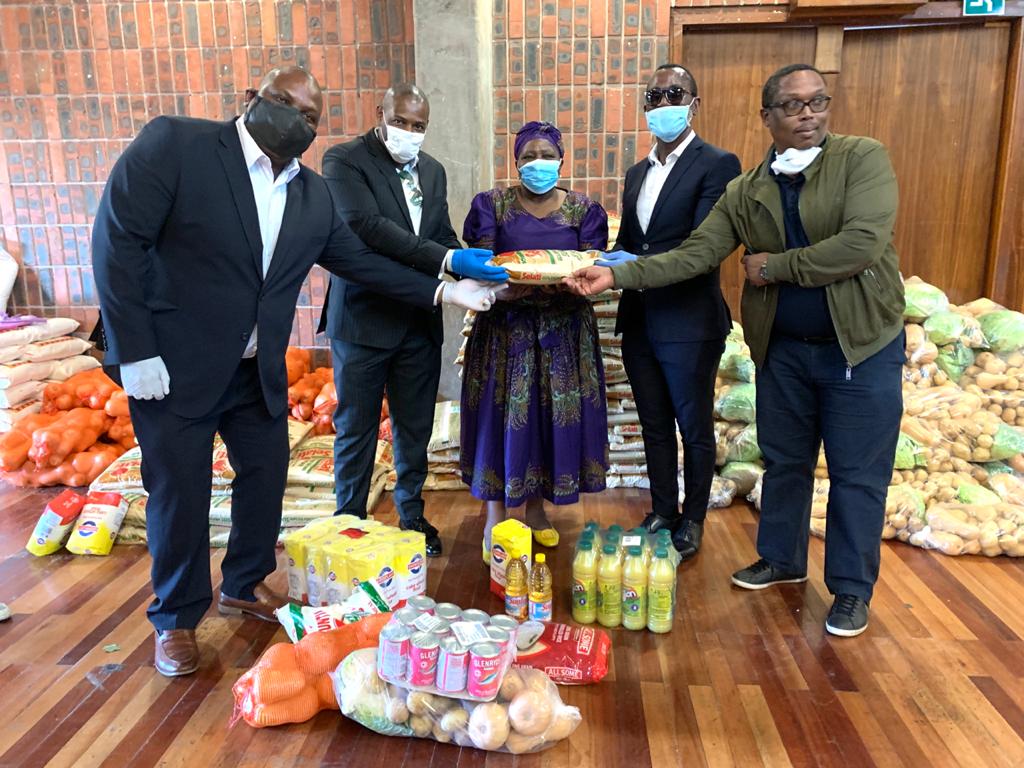
The People’s Party, an opposition party led by the exiled former Zimbabwe minister Walter Mzembi last week wrote to Ramaphosa asking for aid to be extended to undocumented foreigners, including Zimbabweans.
Lloyd Msipa, the party’s secretary general, said in the letter: “Just like any other person in the world, they are traumatised by the virus and are hiding but hunger has now camped in their households inflicting a double tragedy. It’s a humanitarian crisis of never-been-seen proportions.”
